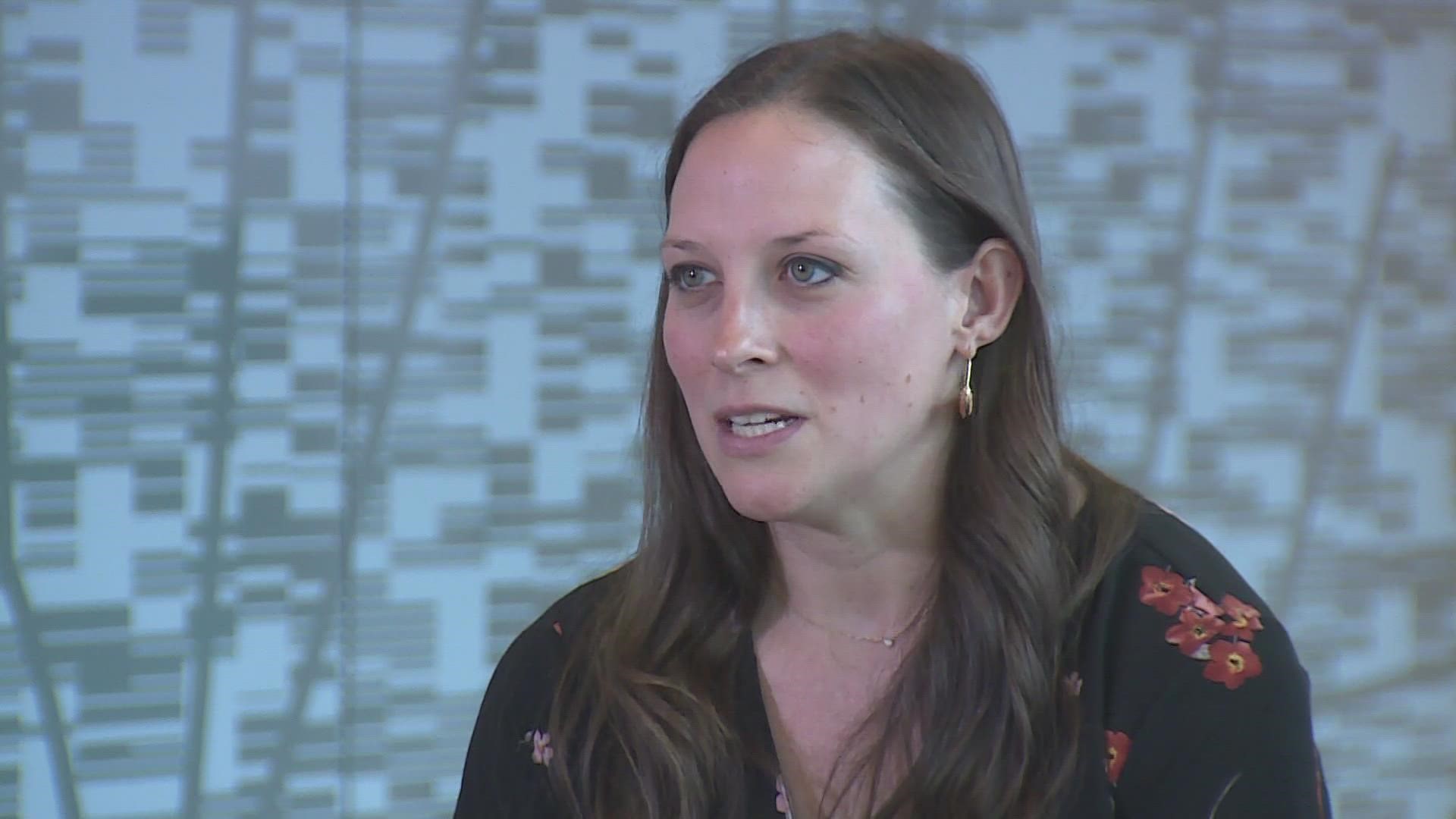AURORA, Colo. — Healthcare workers are tasked with keeping the rest of us healthy. But sometimes they need help as well.
When the pandemic put incredible amounts of stress on doctors and nurses and everyone else fighting the virus, a program stepped in to help battle the burnout.
Two years later, it’s still vital.
"The level that they had to rise to was remarkable," said Mandy Doria, a licensed professional counselor and assistant professor in the Department of Psychiatry at CU Anschutz. "I think we just wanted them to feel seen and heard."
Back in April 2020, Mandy Doria and Leslie Choi saw a problem. The state asked them to help solve it.
"People felt just incredibly stressed and isolated and overwhelmed and were struggling to maintain and get to work every day and feel OK," said Choi, a psychiatric nurse practitioner with CU Anschutz.
As the world stayed home, healthcare workers faced stress. Doria and Choi started a program to help the people on the front lines of fighting the virus get the mental health help they needed.
"Past the Pandemic" through CU Anschutz connected healthcare workers with mental health counselors for weekly meetings over Zoom. They thought it might be needed for a couple of months. Two years later, they’ve helped more than 1,000 healthcare workers in 27 states. Still today, the stress is real.
"I think they struggle with feeling like the world has moved on in a lot of ways and they’re left continuing to take care of people and experience the stress and trauma that comes with the jobs that they have," Choi said.
From doctors to school nurses and everyone in between, the conversations became louder when the pandemic hit: It’s time to talk about mental health. The program gives healthcare workers the tools to cope with the challenges.
"I think initially people really struggled a lot with sleep insomnia, dealing with the trauma of having to watch patients die alone," Doria said. "It provides a sense of control over what people feel like they can accomplish, or what they feel like they can cope with."
The program is free for healthcare workers around the state and the country. It’s currently funded through the end of August, but they’re hoping they can continue their work with more funding from the state sometime soon.
"It can be incredibly validating for people to hear that others are experiencing the same things that they are," said Choi. "We just want to keep doing it for as many people as we possibly can."
SUGGESTED VIDEOS: Mental Health & Wellness

